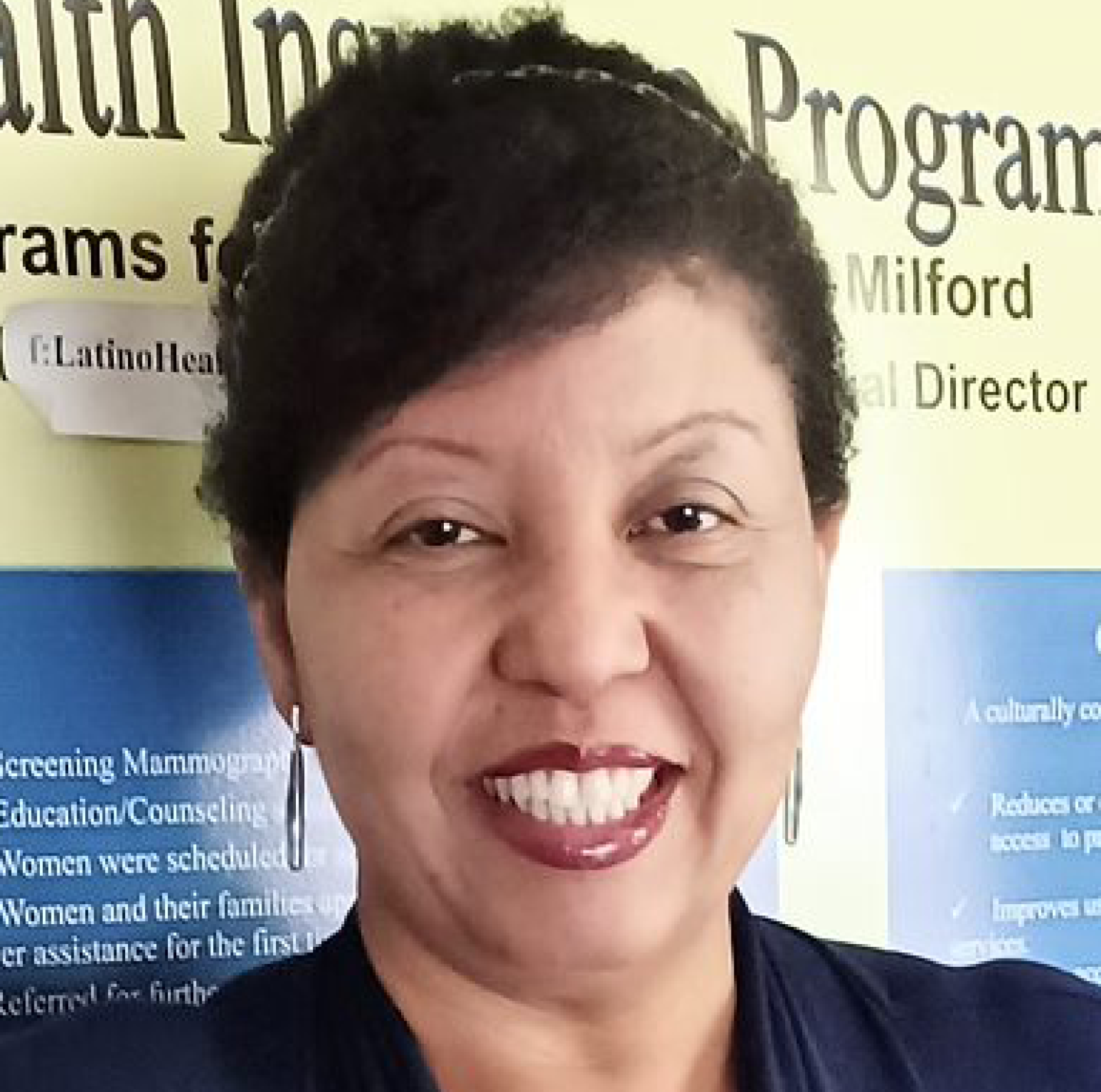Engage with members of all communities to improve safety and health outcomes for all

Milagros Abreu, M.D., M.P.H.
Executive Director, President and Founder
The Latino Health Insurance Program, Inc.
Given that disparities in health based on race, ethnicity, disability, gender, sexual orientation and more are often the result or byproduct of long-standing operations and policies, systemic changes will be required to make care equitable and safe for all. What actions do you suggest leaders and organizations take to address structural inequities in health care safety?
As we reach out to leaders, we must not forget that patients, caregivers and community members are also an important part of this discussion. Without their input, it will be difficult for us to address their concerns.
We are talking about making systemic change by engaging members of all communities so they can provide input and also become more informed about the health risks and benefits they face. These are serious conversations about how we can work together toward the same goal, which is to improve health outcomes.
Different sectors have their own cultures and their own needs. It’s important to learn how to be respectful of each other. As we acknowledge that we all have our own beliefs and roles in this work, we must be sensible and realistic as we work together toward permanent system change. For the sake of so many people who are in desperate need, I wish we could make these changes right away. But I understand that to have lasting impact, we need to be cautious and respectful of everyone's beliefs.
I think we all understand that, like many other states, the demographics of Massachusetts are changing, and we must be prepared for that. We need to engage people who have experience and knowledge to help us work on behalf of the people we want to support and care for. Leaders, clinicians, advocates, caregivers and patients — we all have a say in this.
We know that the most vulnerable people — those who are impacted the most by bias and inequitable care — must be our focus. And when their health outcomes and wellness improve, there will be impact for all of us as a society.
Those who have been suffering the most are on our radar. But we need to have everybody engaged and understand that this effort will benefit us all. No one benefits from inequitable outcomes. When we have healthy communities, with citizens who participate in their own health and understand clinical care, we will have better outcomes for all.